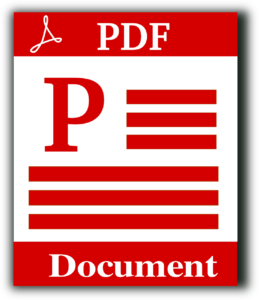Personal Document Storage: An Essential Guide
In this digital age, the importance of effectively storing personal documents cannot be understated. Whether it's an electronic copy of your passport, precious family photos, or essential financial documents, these files comprise a significant part of our lives. As such, we should store them in secure, accessible locations. This page provides a comprehensive guide on storing personal documents, highlighting potential storage locations, online resources, and safety measures to ensure your important data remains protected and accessible.
Understanding Personal Document Storage

Choosing the Right Personal Document Storage Location
Personal document storage refers to the
practice of securely storing, managing, and retrieving your personal
files. This process involves various steps, from creating a
well-organized documents folder to choosing an appropriate storage
solution and implementing necessary security measures. By effectively
storing your personal documents, you not only protect them from loss or
damage but also ensure that you can access them when needed. As students you will have many personal papers, including theses and term papers. They need to be stored properly. you can contact the service with a request to write my coursework for me and they will send your work in electronic form. This is a very convenient way to store.

Physical Storage:

Computer Hard Drive:


Cloud Storage Services:
Protecting Your Personal Documents
Best Practices for Personal Document Organization
Personal document storage refers to the
practice of securely storing, managing, and retrieving your personal
files. This process involves various steps, from creating a
well-organized documents folder to choosing an appropriate storage
solution and implementing necessary security measures. By effectively
storing your personal documents, you not only protect them from loss or
damage but also ensure that you can access them when needed.

Create a Logical Structure:


Regularly Review and Clean Up:
Conclusion
Effective personal document storage is crucial in our increasingly digital world. Whether you're safeguarding vital personal information, preserving precious memories, or ensuring easy access to important documents, the steps outlined above can help. By choosing the right storage location, implementing robust security measures, and maintaining an organized system, you can protect and manage your personal documents with confidence.